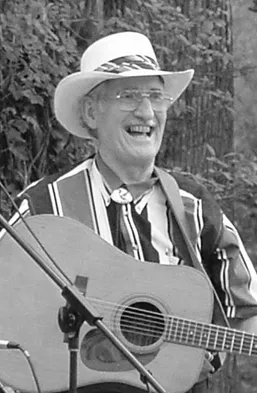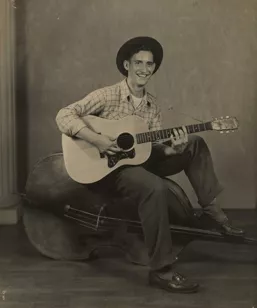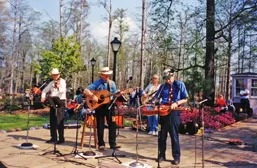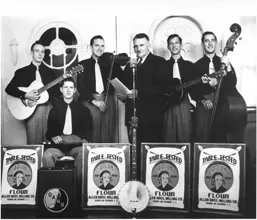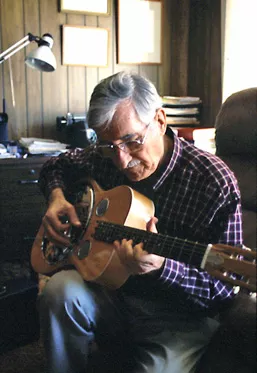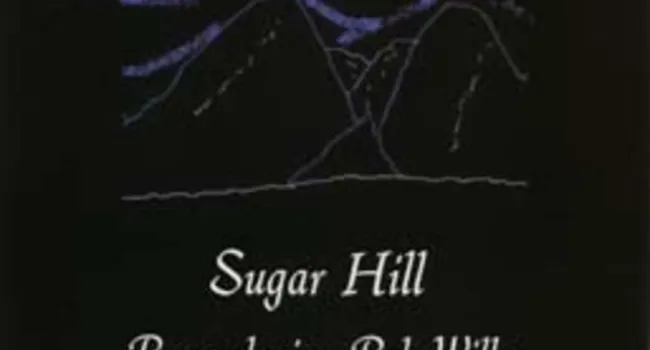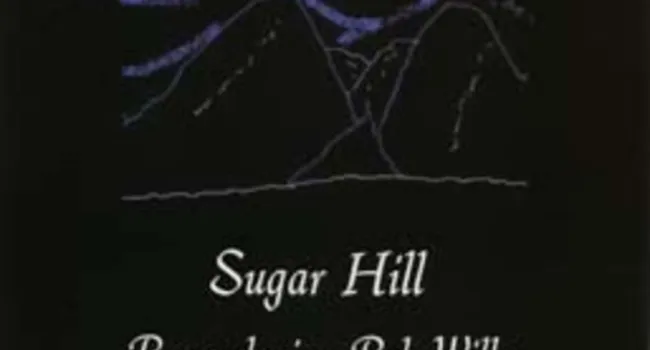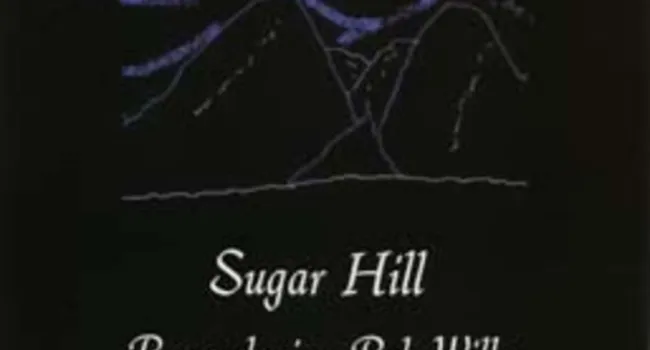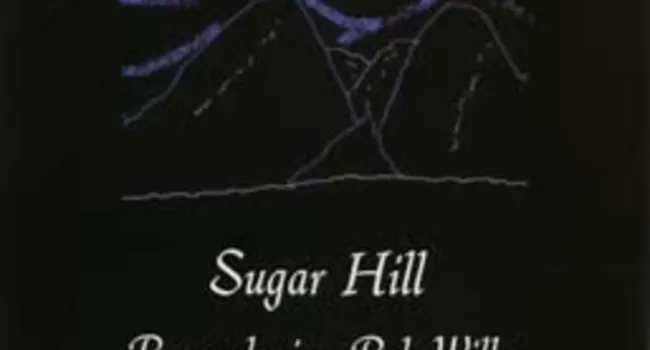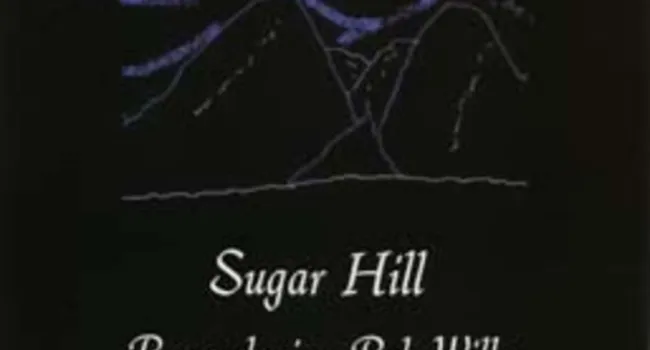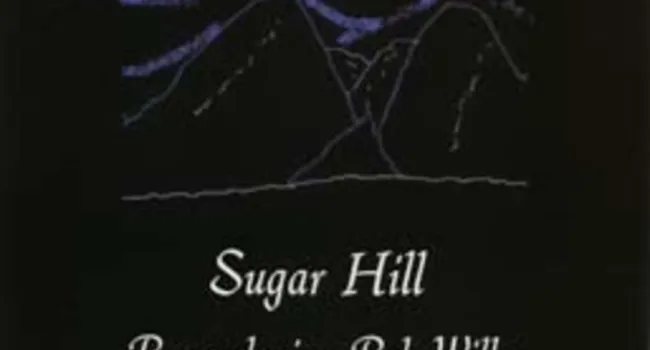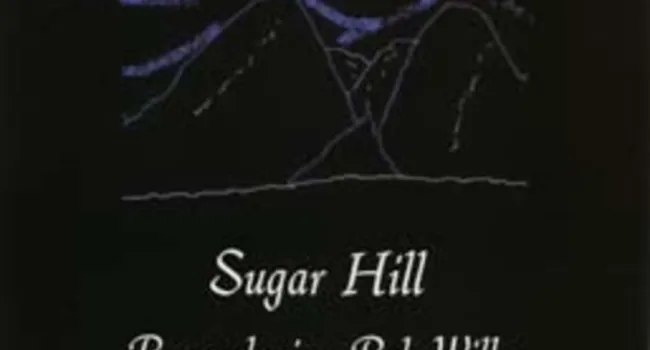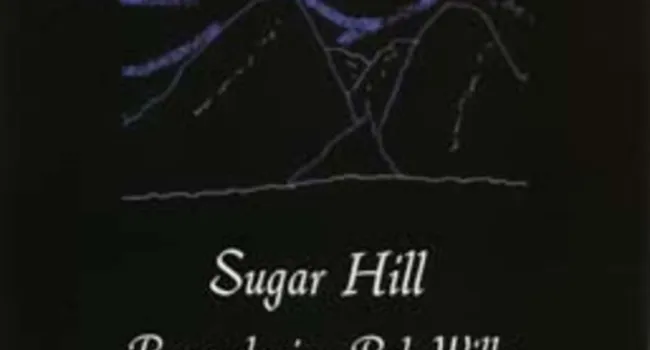Wall began playing hillbilly and “old-time” music before it was dubbed bluegrass. He was one of eleven children in a family he described as not very musically oriented. As a teen, he cut his teeth during radio-sponsored music competitions. In 1941, he and his band won an amateur contest that launched his professional career. Wall served in the Navy during World War II, and entertained the troops while benefiting from exposure to other musicians. “I gained great inspiration from my father,” recalled Wall. “The initial learning process was provided by my neighborhood friends.”
Wall adopted bluegrass, a postwar hybrid of Appalachian vocal and instrumental traditional music, as his preferred genre before the term was coined. In 1996, Wall told a reporter from the Charleston Post and Courier, “in those days, there wasn’t bluegrass and there wasn’t country. It was hillbilly music.”
A retired dairy industry executive with accounting and economics degrees, Wall pursued his music in his off-hours. He became a vocal and tireless supporter of traditional music in South Carolina, writing about bluegrass and western swing for magazines, and authoring two unpublished manuscripts on bluegrass.
Bluegrass is as uniquely American as blues and jazz. Wall always said he produces “a laudable celebration of American folk music… I respectfully call my craft ‘America’s blue collar soul music,’ a term which I believe more than adequately describes the assortment of old country sounds, blended into a single identity.”
Wall played with legends like Pappy Sherrill and Chet Atkins and was a member of the Rythym Aristocrats, a pioneering old-time country band headed by Fisher Hendley in the 1930s and 40s. Wall continued to produce western swing, country, bluegrass and gospel offerings at a variety of venues, including the annual “Breath of Spring Music Festival” at Cypress Gardens, South Carolina until late in life. Wall passed away in the summer of 2012. He received the Jean Laney Harris Folk Heritage Award in 2001.
